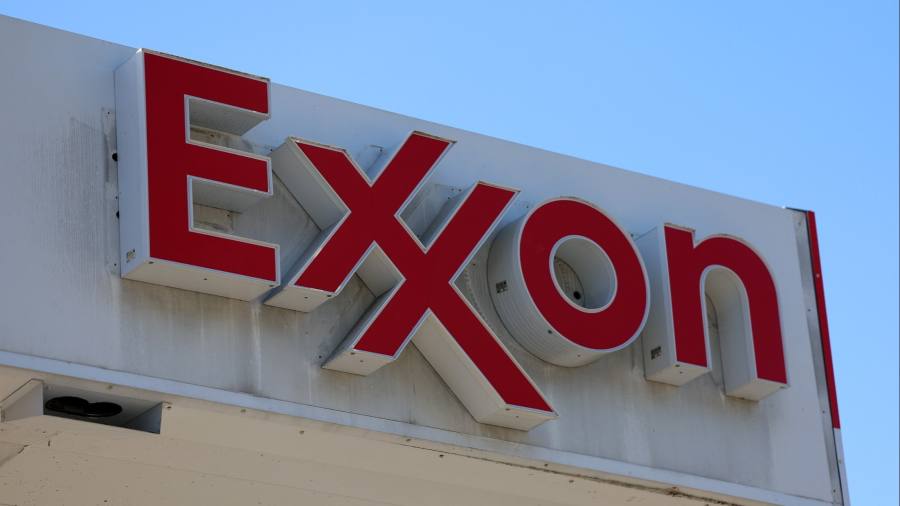ExxonMobil is planning a renewed push into energy trading to take on rivals such as Shell and BP that have long leaned on buying and selling commodities to buoy profits.
The US oil supermajor is establishing a new business line called Global Trading that will pull together the company’s “expertise from across the company in global crude, products and feedstocks, natural gas, power and freight trading”, it said in a memo to employees seen by the Financial Times.
Exxon, long considered the most conservative of the oil supermajors, has historically focused more on oil, gas and fuel production than higher-risk energy and derivatives trading.
The FT reported in 2016 that the company was exploring setting up a trading division under former chief executive Rex Tillerson, who soon after left the company to become former US president Donald Trump’s secretary of state.
However, trading inside Exxon has not grown to the size of the established businesses at European competitors such as Shell, BP and TotalEnergies or global commodity trading houses such as Trafigura, Vitol and Gunvor, which play a central role in moving fuels around the world.
BP and Shell have reported bumper profits over the past year in their global gas trading businesses, in particular after prices in Europe shot up in the wake of Russia’s full-scale invasion of Ukraine.
The new trading division within Exxon is aimed at “driving commercial intensity” and “ultimately delivering industry-leading trading results”, the company said in the memo.
Exxon produces about 3.8mn barrels of oil and gas equivalent around the world and sells about 5.4mn b/d of fuel products, along with a large chemicals production business, giving it an extensive presence across global energy markets.
Exxon has not appointed a leader for the group or determined where it will be based, a person familiar with the situation said.
The establishment of the global trading division is part of a larger restructuring and consolidation of Exxon’s sprawling businesses that has taken place under chief executive Darren Woods.
The company says the reorganisation, which included thousands of job cuts during the height of the coronavirus pandemic, is on track to cut “structural” costs by $9bn by the end of this year compared to 2019.
In addition to the global trading business, Exxon is setting up a unit to centralise financial services and procurement and another to manage the company’s supply chain and logistics. However, Exxon said it was not eyeing further cuts.
Exxon in late January reported a record-breaking annual profit of $55.7bn in 2022.

